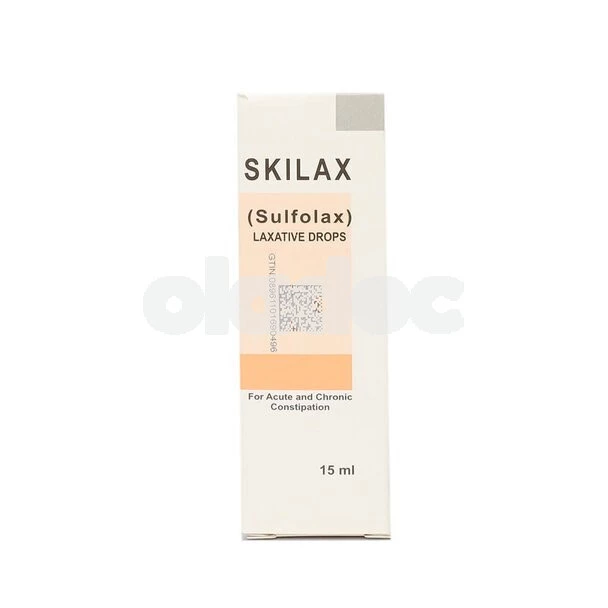The sinuses are eight small, air-filled cavities present in the nose, and are responsible for voice and tone-depth, as well as regulating breathing and draining mucus from the nose. However, when allergies or other environmental factors cause the nasal (nose) tissues to swell, visit to your doctor for these sinuses fill with fluid instead of air and get blocked, resulting in a condition known as ‘Sinusitis’.
The Types:
Depending upon the healing time and recurrence rate, sinus infections are divided into the following types:
- Acute Sinusitis: Starts suddenly with cold-like symptoms and facial pain, and lasts between 2-4 weeks.
- Sub-acute Sinusitis: Sinus inflammation (swelling of the nasal tissues) that lasts between 4-12 weeks
- Chronic Sinusitis: Prolonged inflammation that takes over 12 weeks to heal.
- Recurrent Sinusitis: Occurs several times a year with varied healing times.
The Symptoms:
The four main symptoms of sinusitis are:
- Constant coughing in children
- Reduced sense of smell and taste in adults
- Nasal congestion that makes nose-breathing difficult
- Painful, swollen, and tender eyes, cheeks, nose or forehead
- Thick, discolored discharge that either drains down the back of the throat or from the nose
Along with nasal inflammation, at least two of the above symptoms must be present to qualify for a sinusitis diagnosis; with the secondary symptoms of the condition being:
- A cough that worsens overnight
- Upper jaw and toothache
- Halitosis (bad breath)
- Fatigue or irritability
- Sore throat
- Earache
- Nausea
The Causes:
While a common cold (caused by a virus that blocks the sinuses by forcing the nasal tissues to swell) is often the precursor of a sinus infection, various other factors can also result in sinusitis:
1- Allergies
Pollen, dust, mold, pet fur, perfumes, and other allergens (substances that trigger allergic reactions) can irritate the nose and cause nasal inflammation; effectively blocking the sinuses and causing infections. Therefore, it is highly recommended for people with certain allergies to avoid such substances, and treat the infections as they normally would; with nasal sprays and antihistamines (anti-allergy medication). Moreover, cigarette smoke damages the nasal passage, making smokers more prone to blockages and sinus infections.
2- Bacterial Infections:
Viral and allergic sinus infections are often prolonged and worsened by dormant bacteria already present in the body, particularly Streptococcus pneumonia (that often causes pneumonia) and Hemophiliacs influenza (responsible for a wide range of bacterial infections). While bacterial sinusitis can be treated using antibiotics, the condition can be prevented by regularly taking decongestants during a cold.
3- Polyps:
People with long-term allergies can develop small, benign growths on nasal and sinus tissues that block the sinuses and airway passages, resulting in sinusitis and breathing difficulties, and consequentially, severe headaches. While minor infections can be treated with prescription-grade nasal or oral steroids, the polyps might have to be surgically removed in serious cases.
4- Overuse of Nasal Products:
Using nasal decongestants for an extended period of time (over 4-5 days) can not only constrict blood vessels in the nose; causing breathing difficulties, but can also worsen symptoms, reduce their effectiveness and result in re-swelling of the nose; a condition known as ‘Rebound Nasal Congestion’.
5- Fungal growth:
While allergic reactions to fungus can result in sinusitis, the damp and dark environment of the sinuses is ideal for fungal growth, particularly Aspergillus, which is a well-known cause of infection in people with weakened immune systems. Fungal sinus infections are characterized by a fever, headaches and vision problems lasting more than 10 days and can be treated via anti-fungal therapy, scraping the infected sinus, or surgical removal of the fungus.
6- Swimming:
High levels of chlorine in swimming pools can aggravate the sinuses and result in sinus infections. Moreover, the flooding of sinuses due to increased water-pressure while diving or reduced air pressure in an aeroplane during take-off and landing can also irritate the sinuses, particularly in those already suffering from a nasal condition.
7- Structural Defects:
People with an extra sinus and a septum (a thin wall of bone and cartilage between the two nasal cavities) that deviates to one side, as opposed to its normal central position; making one nasal passage smaller than the other, are more prone to sinus infections. The deviation can be genetic or the result of an injury and is commonly fixed via surgery.
While most cases of sinusitis can be avoided by drinking plenty of water, avoiding caffeine and using saline sprays, an infection that lasts longer than 12-13 weeks requires immediate medical attention as it can also cause serious medical complications.
Here at oladoc, you can find best Ophthalmologist in Lahore, Karachi, and Islamabad and book confirmed appointments. Moreover, you can also call our helpline at 042-3890-0939 and seek an appointment with an eye specialist near you.






